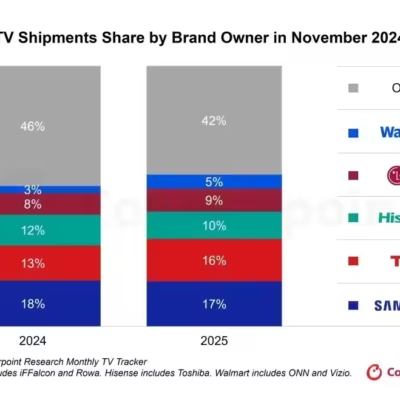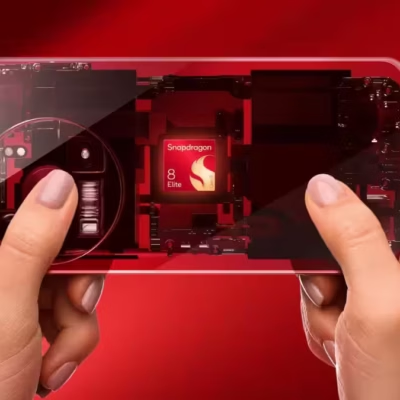Precision Neuroscience, a competitor of Neuralink, has raised $93 million to develop brain implants
Startup Precision Neuroscience, one of the leading developers of brain implants and a competitor to Ilon Musk’s Neuralink, has announced that it has raised $93 million in a new round of funding. Funds raised in the planned $100 million round will enable the company to accelerate the development of innovative brain-computer interfaces aimed at improving the quality of life for patients with neurological diseases. After a successful round, Precision Neuroscience has a valuation of about $500 million.
After a successful round, Precision Neuroscience has a valuation of about $500 million.
Precision Neuroscience’s new brain implants are an alternative to Neuralink devices
Precision Neuroscience was founded in 2021 by neurosurgeon Ben Rapoport, who was previously involved in the creation of Neuralink, and CEO Michael Mager. In a short time, the startup has been able to raise significant investment, including $41 million last year, underscoring the high interest in the market for brain implants and brain-computer interfaces.
The startup has been able to attract significant investment, including $41 million last year, underscoring the high interest in the market for brain implants and brain-computer interfaces.
The device developed by the company, Layer 7 Cortical Interface, is designed to record neural signals. It is minimally invasive: the implant is placed on top of the brain, avoiding tissue damage. This sets the device apart from competitors such as Neuralink and Blackrock Neurotech, whose implants penetrate directly into brain tissue. Precision’s gentler technique makes their device attractive for clinical trials.
Precision’s more gentle methodology makes their device attractive for clinical trials.
The rapid advancement of brain-computer technology
Thanks to the additional investment, Precision Neuroscience will be able to compete more aggressively in the brain implant market, where major players have already established a foothold. For example, Neuralink recently conducted the first human trials of its implant, and a university team in California successfully deployed a device that allowed an ALS patient to use brain signals to communicate.
Layer 7 from Precision has a unique six-layer design that allows the device to sit over the cerebral cortex without embedding into the tissue. In recent tests at Mount Sinai Hospital in New York City, Precision placed its microarrays of electrodes on the surface of a patient’s brain. Each array, consisting of 1,024 electrodes, provides a highly detailed signal. Comparatively, the Neuralink device includes only one such array.
Accordingly, the Neuralink device includes only one such array.
Precision Neuroscience’s innovative neural interfaces: potential and promise
.
Precision is actively working to gain FDA approval for temporary use of its device in hospital settings. If the certification is successful, the company plans to begin commercial shipments of devices for monitoring neurological conditions in hospitals next year. The move would provide the startup with a stable revenue stream that will be used to develop permanent implants for the treatment of paralysis and other severe neurological conditions.
Precision is actively pursuing FDA approval of its device for temporary use in hospital settings.
With the growing popularity of brain-computer technology and backing from investors, Precision Neuroscience is strengthening its market position and aims to change the way neurodegenerative diseases are treated.




